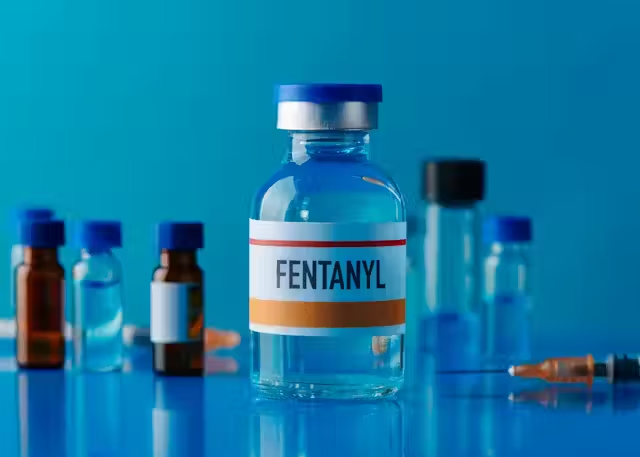Fentanyl, a synthetic opioid up to 50 times stronger than heroin, has become the epicenter of an expanding global health crisis. Its extraordinary potency and low cost have fueled a dramatic surge in overdose deaths across numerous countries, overwhelming public health systems and triggering international alarm.
Originally developed for legitimate medical use to manage severe pain, fentanyl has increasingly found its way into illegal drug markets. Often mixed with other substances without users' knowledge, even minute doses can prove fatal. In recent years, many overdose deaths have been attributed not to intentional fentanyl use, but to its undisclosed presence in counterfeit pills and street drugs.
Health officials worldwide report a steady rise in fatalities. According to the World Health Organization, synthetic opioids like fentanyl are now responsible for tens of thousands of deaths annually, particularly in North America, Europe, and parts of Asia. Emergency rooms struggle to handle the flood of overdose cases, and first responders increasingly rely on naloxone — an opioid reversal drug — to prevent fatalities on a daily basis.
"We are facing one of the most dangerous drug crises in modern history," stated Dr. Alicia Morton, director at the Global Opioid Research Center.
The illicit trade in fentanyl has also drawn the attention of law enforcement and international organizations. Global trafficking networks have developed sophisticated supply chains, often originating from unregulated chemical labs in parts of Asia and spreading through complex smuggling routes into Europe, North America, and Latin America.
Governments are scrambling to strengthen cooperation, enhance border controls, and disrupt supply chains. Meanwhile, experts emphasize that punitive measures alone will not solve the crisis. "We need a comprehensive approach that combines enforcement, prevention, treatment, and education," said Dr. Morton. "Otherwise, the cycle will continue."
As the world struggles to contain the fentanyl epidemic, families and communities continue to bear the brunt of its devastating toll. The international community now faces an urgent challenge: to act decisively before more lives are lost to this silent killer.
